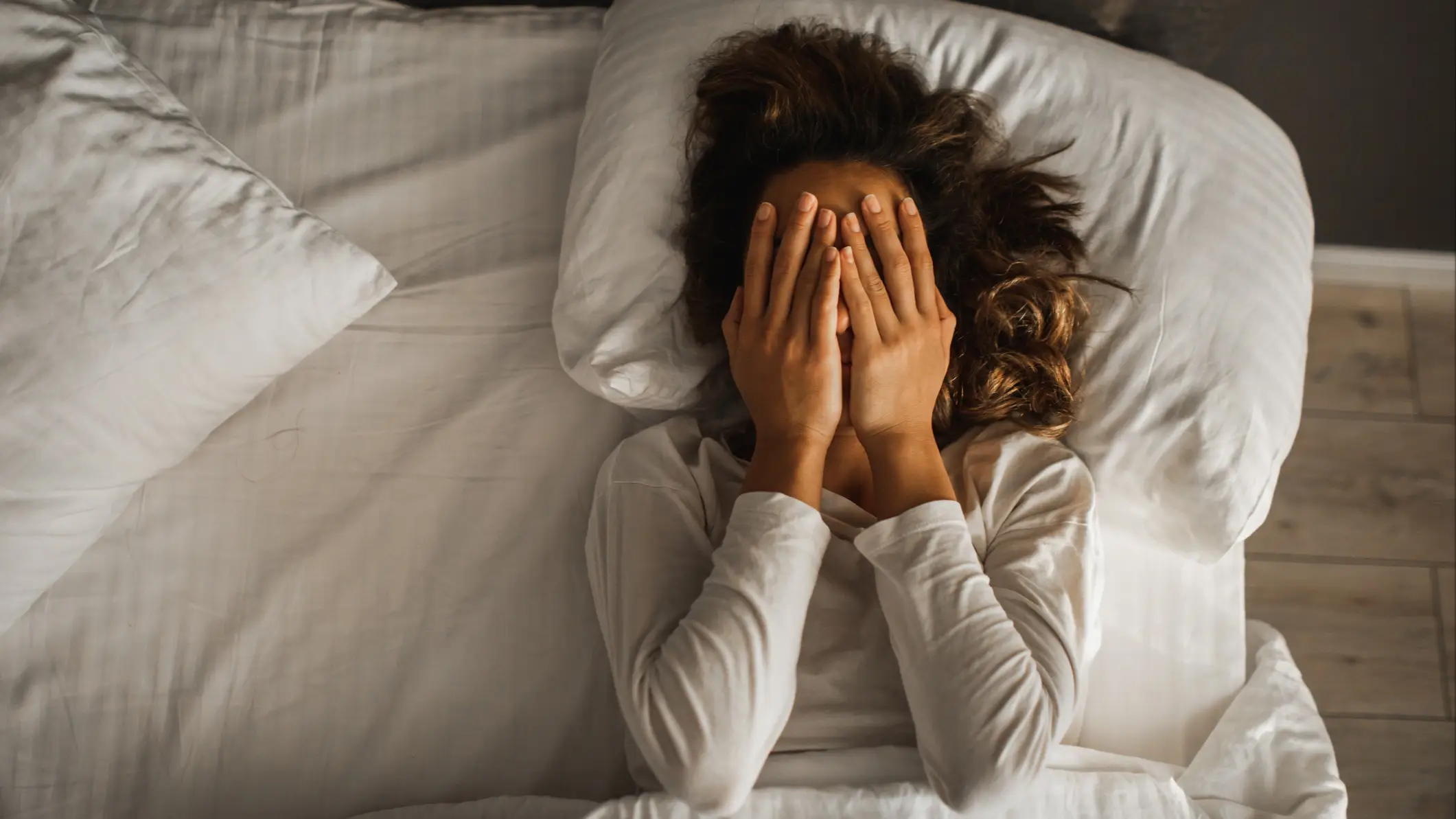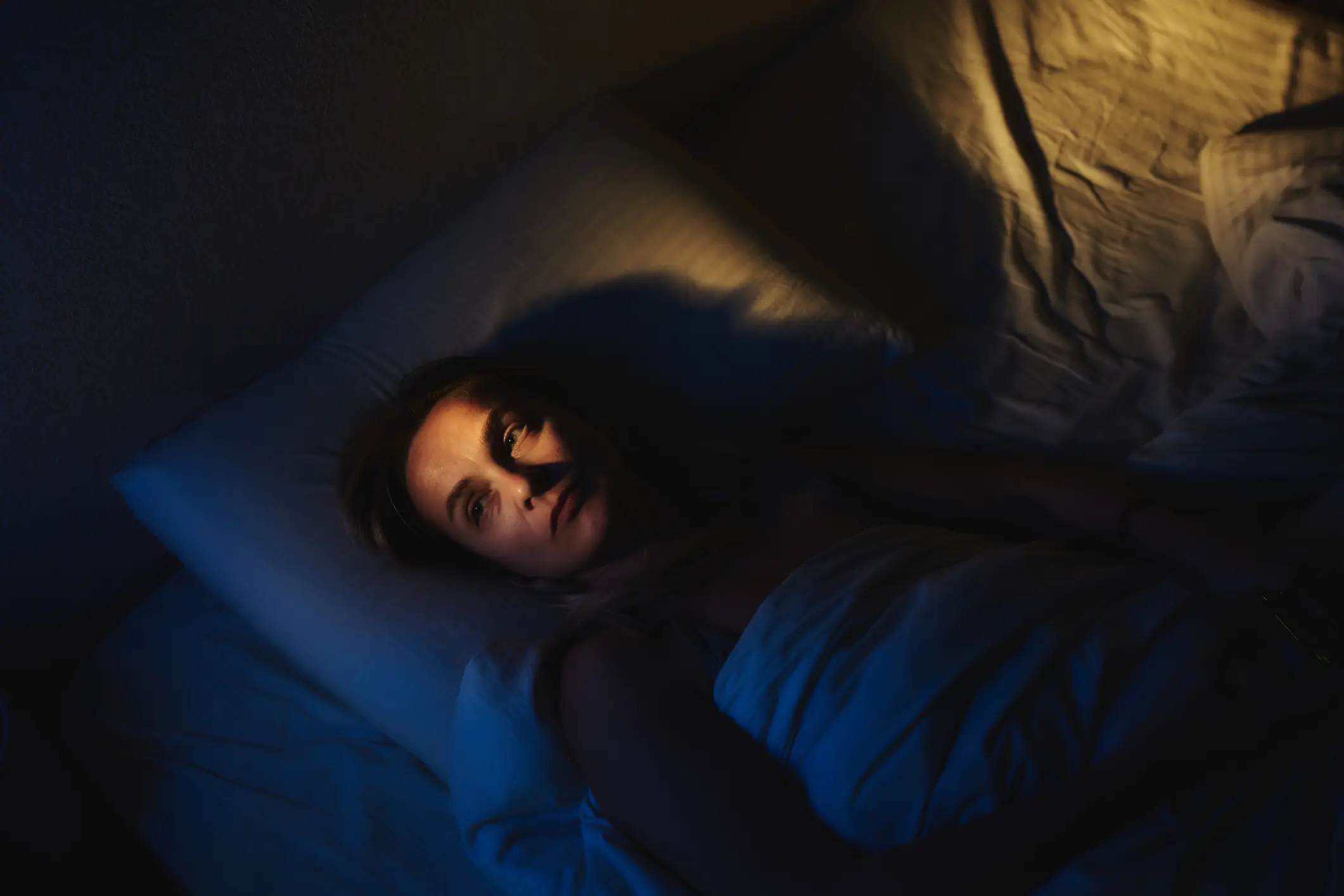
A doctor has revealed the horrific effects that staying awake for upwards of 24 hours can have on your body.
We've all pulled an all-nighter one time or another in our lives, whether it be meeting the deadline for an assignment, preparing for an important presentation, or having one too many down the pub.
It's a hard ask, and you may feel drowsy and drained for days after - but what if you were to stay awake for longer?
Health experts have long advised that adults generally get between seven and nine hours of sleep per night for their wellbeing, while teenagers should aim for eight to 10 hours.
Advert
Obviously, with commitments and certain days being longer than others, sometimes this isn't possible.
But what if you decided to stay awake for days at a time with no sleep at all?

You may find that your judgment becomes impaired, while your memory and coordination can falter, the longer you stay awake.
Irritation, visual changes, and fatigue will set in as time goes on, while parts of your brain may even shut down - but here's what happens, depending on how long you stay up for.
Dr. Michael Gartner is a surgeon, and he often offers health advice to his followers on social media.
Reacting to a video depicting what can happen if you stay awake for hours, he gave his expert opinion on what can actually happen.
24 hours
This is the stage where some of us have been in the past, and where cognitive impairment and reduced reaction time can set in, according to Sleep Foundation.
Dr. Gartner explained on YouTube that staying awake for this long can cause exhaustion, with effects even mimicking the feeling of being drunk.
According to the Centers for Disease Control (CDC), this is similar to having a blood alcohol concentration of 0.1 percent, while the legal intoxication limit for driving sits at 0.08 percent.
36-48 hours
If you make it this far, you might to experience microsleeps, while physical and cognitive performance continues to plummet.
This is when you'll feel an overwhelming urge to sleep, as well as an increased appetite - but that's not the worst.
You might start to hallucinate around this point, as 48 hours is considered 'extreme sleep deprivation', according to Healthline.
Anxiety and temporal disorientation are common at this point.

72 hours
It's believed that due to the record time of someone staying awake of 11 days (264 hours), that we can function for this long before facing severe long-term complications.
But at this stage, hallucinations can escalate to paranoia, while physical dysfunction becomes serious.
The urge to sleep may become uncontrollable, while you start to have delusions and nonsensical thoughts.
96 hours or more
Dr. Gartner agreed that staying awake for days on end can result in your memory being similar to that of someone with early Alzheimers, adding that you will become 'extremely irritable'.
He also said that the likelihood of someone staying awake for days on end like that man who did for 11 days, can result in insomnia later in life.
Beyond 96 hours though, your perception of reality may be distorted, similar to psychosis.
The lesson here? Just sleep.
Topics: Health, Mental Health, Sleep